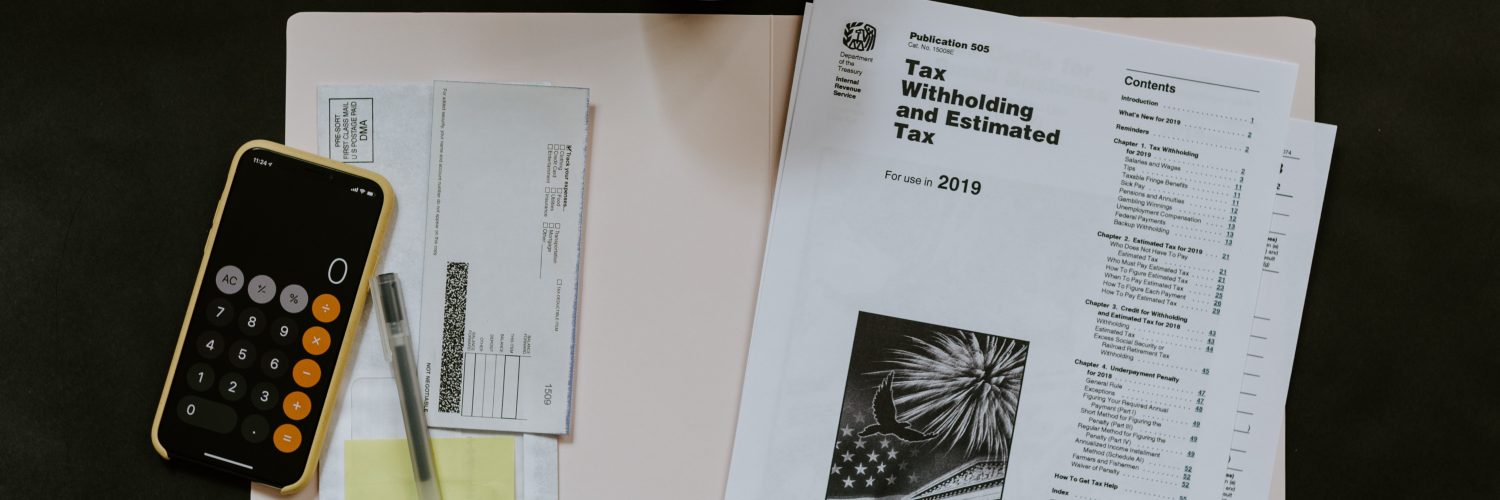A bipartisan group of Arizona lawmakers recently penned a letter to top congressional leaders urging a permanent repeal of the medical device tax. The Arizona Congressional Delegation members who signed the letter, including U.S. senators Martha McSally (R-AZ) and Kyrsten Sinema (D-AZ), and seven members of the House of Representatives, are all cosponsors of the Protect Medical Innovation Act, which permanently repeals the medical device tax.
According to Sen. McSally’s office, a return of the tax would raise health care costs on the consumer. The medical device industry in the state of Arizona supports 400,000 jobs as well as $3 billion to the state’s economy.
The consortium of advocates trying to repeal the tax argues that the medical device tax reduces industry investment and research and development while also cutting down the opportunities to boost tech innovation and reducing patient access to them. The members, including Rep. David Schweikert, a Republican representative from the state’s 6th district who co-signed the letter, also point out the pain this tax inflicts on small businesses and startups in the medical technology space.
“Arizona has become an innovative hub for medical technology. The overhang of the device tax can stymie investment in this industry that benefits not only our community, but also the patients that receive the technology,” said Schweikert.
“A permanent repeal would provide certainty for a critical segment of the economy and would encourage innovation in an industry that quite literally saves people’s lives,” said Garrick Taylor of the Arizona Chamber of Commerce and Industry. “When you tax something, you typically get less of it—in this case, life saving inventions.”
Of the 6,500 medical device manufacturers in the United States, roughly 80 percent of them come in at fewer than 50 employees. What’s more, the medical technology industry in the U.S. witnessed a veritable plummeting of jobs with 29,000 roles axed while the tax was in effect from 2013-2015, according to the U.S. Department of Commerce. And, seeing that Arizona is getting more recognition as a medical device and innovation hub, this could do way more damage than intended.
“We have seen the negative impact the tax can have on this life-saving industry,” the lawmakers wrote. “It is ultimately the patients who rely upon these innovative technologies who will suffer the burden of this tax if it goes back into effect.”
Before the device tax was put on hold, the IRS brought in close to $2 billion a year between 2013 and 2015. Currently, there are 247 co-sponsors in the U.S. House and 34 members of the Senate, including 10 Democrats. At the beginning of 2018, Congress suspended the tax for two years, helping to prevent major cuts to more than two million American medtech jobs. But McSally, Sinema, Schweikert, and others are pushing for a long-term solution that doesn’t have to be revisited every couple of years.
The lawmakers called on Congress to come together to prevent the tax from being brought back and told leaders that they “stand ready to work with you to accomplish this goal.”
















Add comment